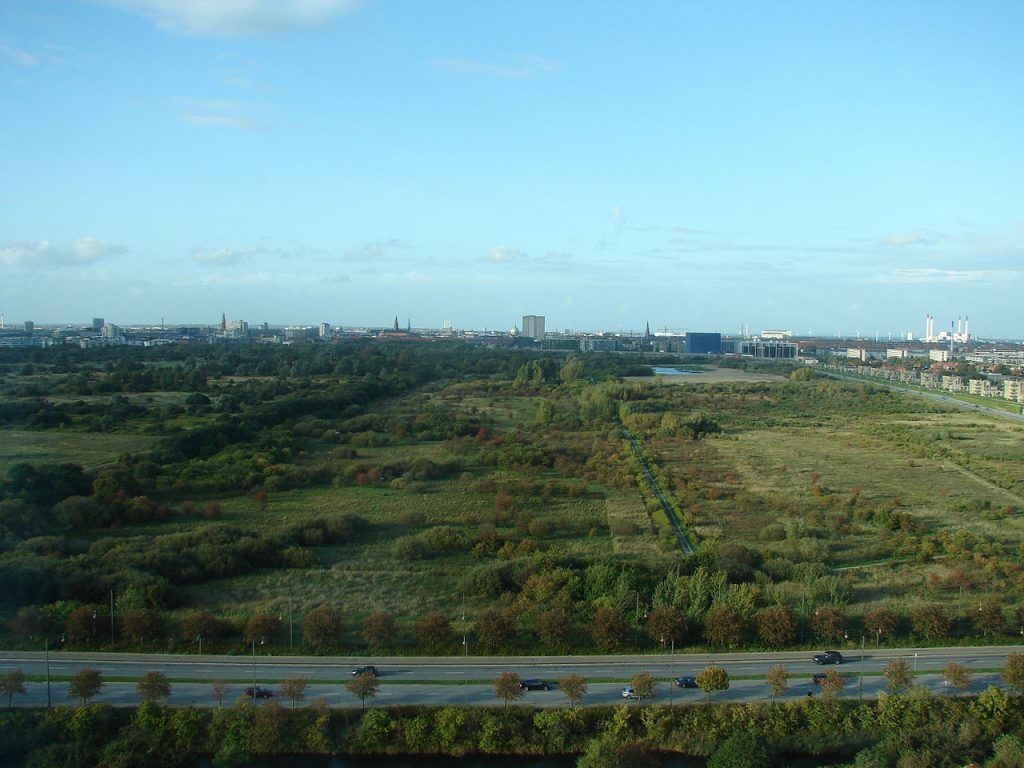Public outcry to preserve the Strandengen, an unprotected area in the huge Amager Fælled common area in the south of Copenhagen, has pushed the 2019 city budget negotiations to relocate the construction.
Instead, 2,500 homes will be built at two sites. The first (2,000 homes) is on a peripheral part of Amager Fælled on Selinevej where there were plans to build a campsite and there is already a youth hostel. The second (500 homes) is on Bådehavnsgade by Fiskerihavnen.
“I think we have landed a really good location and have a deal with a solid majority,” Jonas Bjørn, a Socialdemocratiet councillor, told Politiken.
Protests a success
The debate surrounding the construction started in 2016 when building plans were proposed to construct 2,400 homes in the Strandengen in Amager Fælled.
The public protested with claims that the designated land was irreplaceable and should not house the buildings, even though Strandengen is one of the small pieces of land in Amager Fælled that is not officially protected.
“I would rather the housing was not built at all, but there were a majority outside of Radikale, so we had to make sure that it was built as little as possible,” said Radikale councillor Tommy Petersen.
Reduced land usage
The agreement reached by the Copenhagen’s Citizens’ Representation set out a reduction in the area that would house buildings – from 18 to 11.8 hectares.
“We have secured 2,500 more homes in Copenhagen,” Bjørn said. “We have done it in a way that ensures the unique nature of the Strandengen.”














